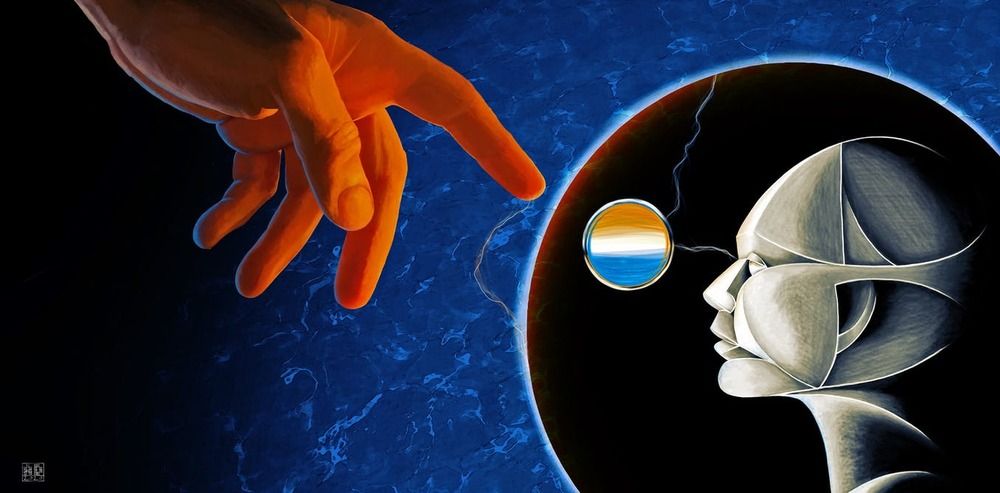If a tree falls in a forest and no one is there to hear it, does it make a sound? Perhaps not, some say.
And if someone is there to hear it? If you think that means it obviously did make a sound, you might need to revise that opinion.
We have found a new paradox in quantum mechanics – one of our two most fundamental scientific theories, together with Einstein’s theory of relativity – that throws doubt on some common-sense ideas about physical reality.
Quantum mechanics vs common sense
Take a look at these three statements:
When someone observes an event happening, it really happened.
It is possible to make free choices, or at least, statistically random choices.
A choice made in one place can’t instantly affect a distant event. (Physicists call this “locality”.)
These are all intuitive ideas, and widely believed even by physicists. But our research, published in Nature Physics, shows they cannot all be true – or quantum mechanics itself must break down at some level.
This is the strongest result yet in a long series of discoveries in quantum mechanics that have upended our ideas about reality. To understand why it’s so important, let’s look at this history.
A new twist on an old experiment reveals several common-sense ideas about reality can’t all be true.
